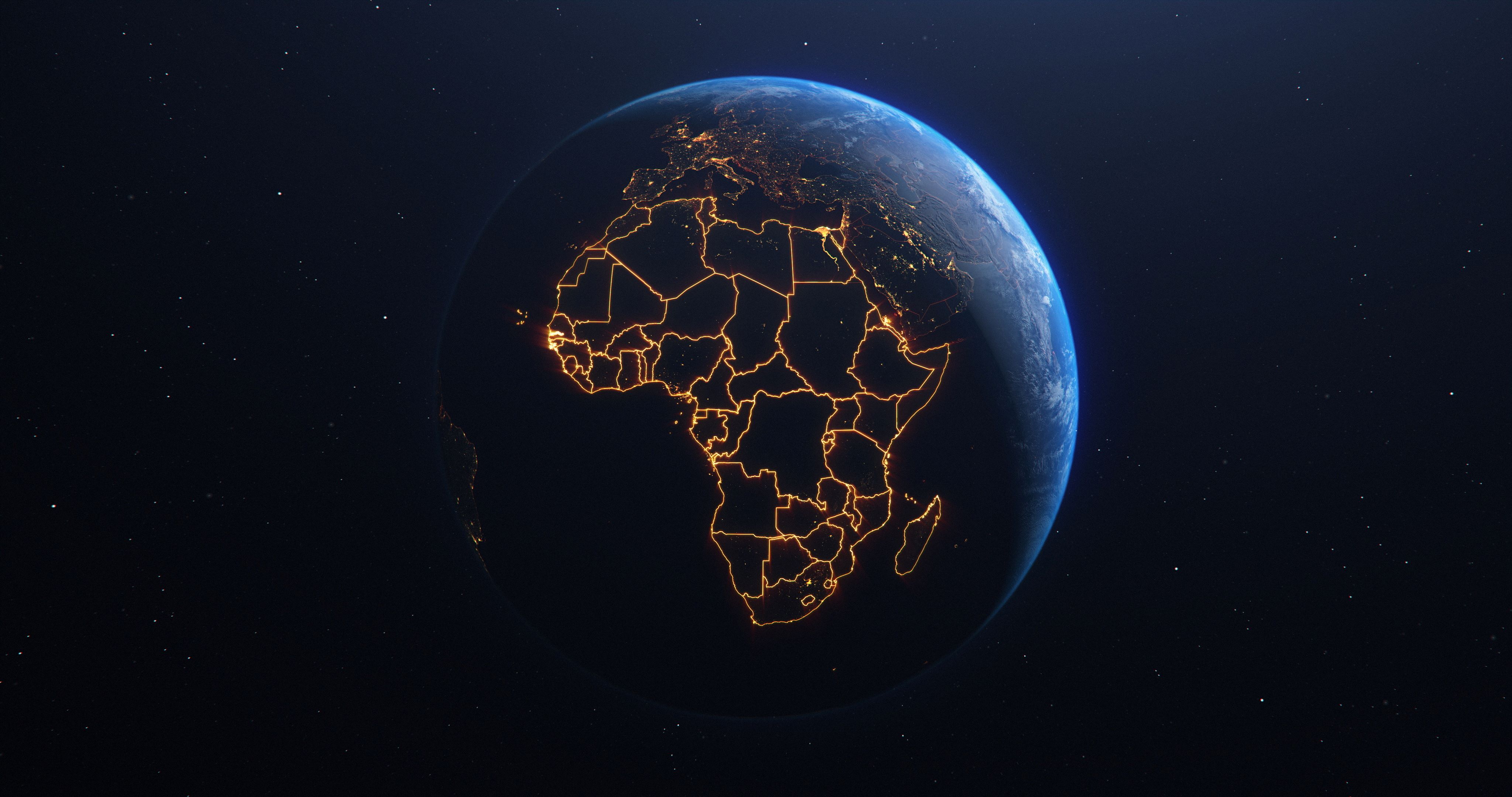
In 2018, 44 nations came together to form the African Continental Free Trade Area (ACFTA). At the time, it was predicted that the total population of this bloc would be over 1.2bn, with a combined GDP of $2.5trn. Since then, 10 more states have signed up to join ACFTA.
Despite this, Africa is still an under-served market for imports and exports, with political and business leaders there still working to boost internal and external trade links.
Here, the IOE&IT Daily Update covers some of the latest trade developments from Africa.
Trade ‘best tool’ to fight debt
Africa should look to trade as a way for its constituent nations to grow their way out of debt, according to the head of ACFTA.
ACFTA’s secretary-general, Wamkele Mene, said that he was not expecting many African nations to get increased funding from the IMF in response to sovereign debt crises.
According to a press release, Mene told a briefing at the ACFTA Business Forum that:
“Intra-African trade is the best tool that we have for resilience. Intra-African trade is what is within our reach as Africans to mitigate the risk of reduced support for development financing, which is unfortunate but it looks increasingly that this is going to happen.”
In January, the African Development Bank predicted that up to 23 nations were in, or at high risk of entering, debt distress as of September 2022.
Mene also said that efforts to create a pan-African single market were struggling, due to “disparities” in countries across the continent. No trade has yet taken place under ACFTA, according to Tralac.
Mene added: “The reality, of course, is that it is a big challenge, very difficult to overcome the differentials in levels of economic development and macro-economic convergence criteria.”
Trade links
The two nations of Tanzania and Burundi have issued a tender for the construction of a new railroad, connecting both states via the Democratic Republic of Congo (DRC).
As part of AFCTA’s mission, boosting transport links within the continent is vital for intra-African trade.
Ugandan newspaper The Independent reported that it would be the second cross-border electrified rail line – the first being the Ethiopia-Djibouti route – with Tanzania viewing this as part of an ongoing effort to keep pace with its regional rival, Kenya, in the trade transport stakes.
Up to 282km of Electrified Standard Gauge rail would be constructed in the project, expected to last over five years, according to Africa Insider.
Earlier this month (19 April), South African deputy president, Paul Mashatile, called for road, air and maritime transport to be upgraded, adding “without this infrastructure, rail and maritime trade cannot realise their full potential”.
Port construction (re-)commences
Another major trade infrastructure project that has got back on track recently, having suffered financing issues that are seen as typical roadblocks for economic development, is the development of the Ndayane deep water port. The project was halted last year, after Senegal’s government faced difficulties in securing financing.
In February, funding was secured and president Macky Sall declared work would resume as soon as possible on the port, as reported by Maritime Executive.
Construction has since recommenced, with expectations rising as to the economic impact of the project.
A spokesman from DP World, which is partnered with the Sengalese government on the port, told the Loadstar: “The port of Ndayane, and the associated economic zone, will reinforce Senegal’s position as a major trade hub and gateway in West Africa.”
Another partner on the project, British International Investment (BII), said that the additional trade enabled by the site would be equivalent to 3% of Senegal’s GDP, supporting a cumulative increase of $15bn in of national trade by 2035.
Sall told a summit on African infrastructure that countries on the continent have “always paid a high price for its (infrastructure) projects because of high interest rates,”
“For long-term projects such as railways, our countries are sometimes obliged to reimburse their debt within a short time.”
He added that "abusive credit ratings" contributed to this, with African projects often facing higher insurance rates and being seen as ‘riskier’ than those on other continents.
Nigeria warns on China
A senior Nigerian official has issued a warning over the country’s $12bn trade relationship with China.
According to the Premium Times, permanent secretary of the Federal Ministry of Industry, Trade and Investment, Evelyn Ngige, raised flags over “sub-standard” Chinese goods delivered to Nigeria.
Ngige said: “Products that go into the developed market are different from those that come to Africa, including Nigeria. Trade is trade and should not have that type of territorial differentiation.”
She added that the short length of visas issued to Nigerian citizens by China was hindering future trade between the two countries.
The trade minister also confirmed that her government still plans to boost Chinese-Nigerian trade ties, according to Business Day.
‘Super drive’ for South Africa
South Africa has launched a flurry of trade moves, looking to raise its international trading profile in the process.
African Business reports that president, Cyril Ramaphosa, is completing the final leg of a five-year mission to raise R1.2trn (£74bn), with a pair of investment conferences featuring companies from around the world.
On 19 April, the UAE and South Africa held talks to boost investment and economic opportunities between the two countries.
South African minister of trade, industry and competition, Ebrahim Patel, met with his UAE counterpart Dr Thani bin Ahmed Al Zeyoudi, in Pretoria. Both nations are looking to expand their global trading network.
According to Emirates News Agency, South Africa is the UAE’s second biggest partner in Africa.
Pretoria has also engaged with in talks over agricultural exports after a recent state visit by Namibian president, Hage Geingob.
During the visit, the two countries’ agricultural ministers met and discussed trade and port issues.
According to FruitNet, a more developed export infrastructure is needed to avoid transit delays to agricultural products such as grapes and citrus.


